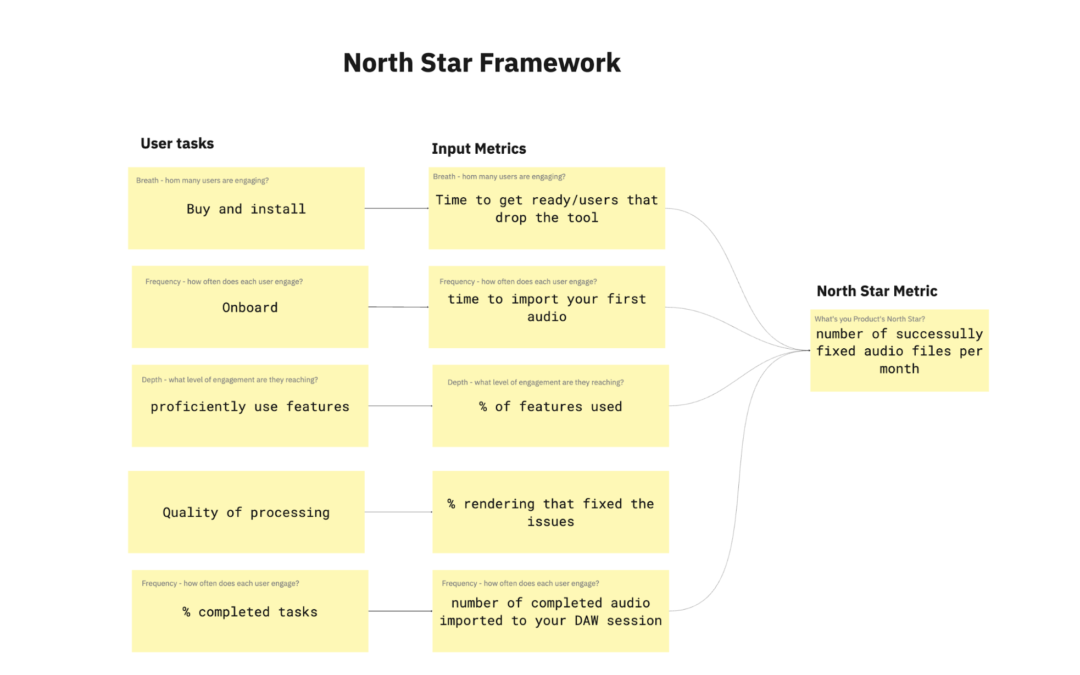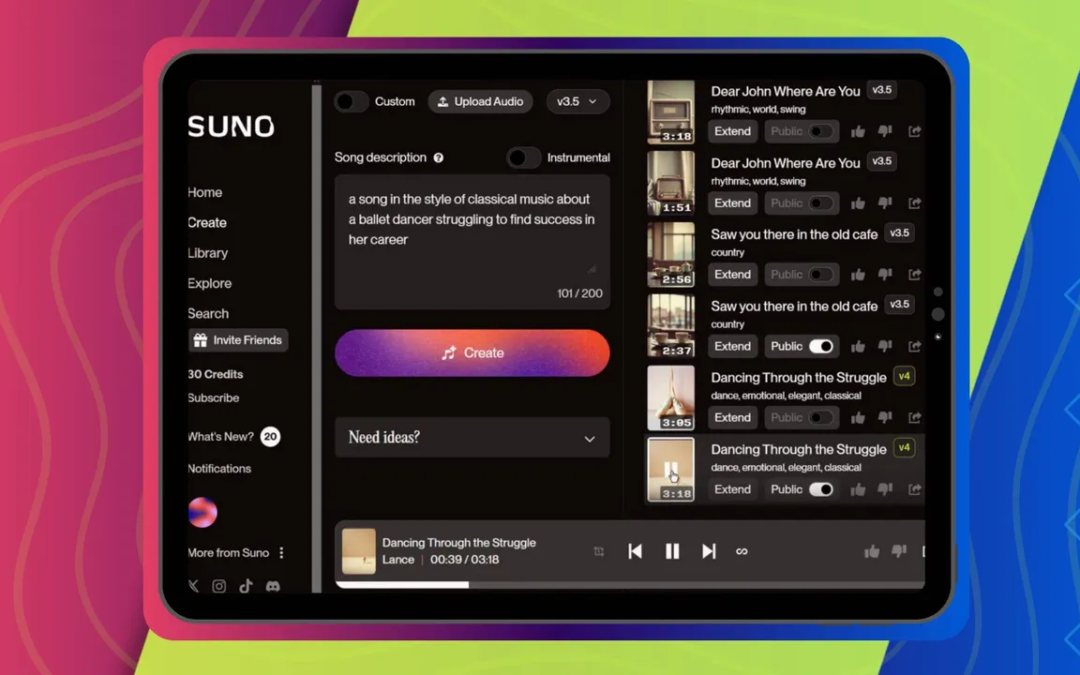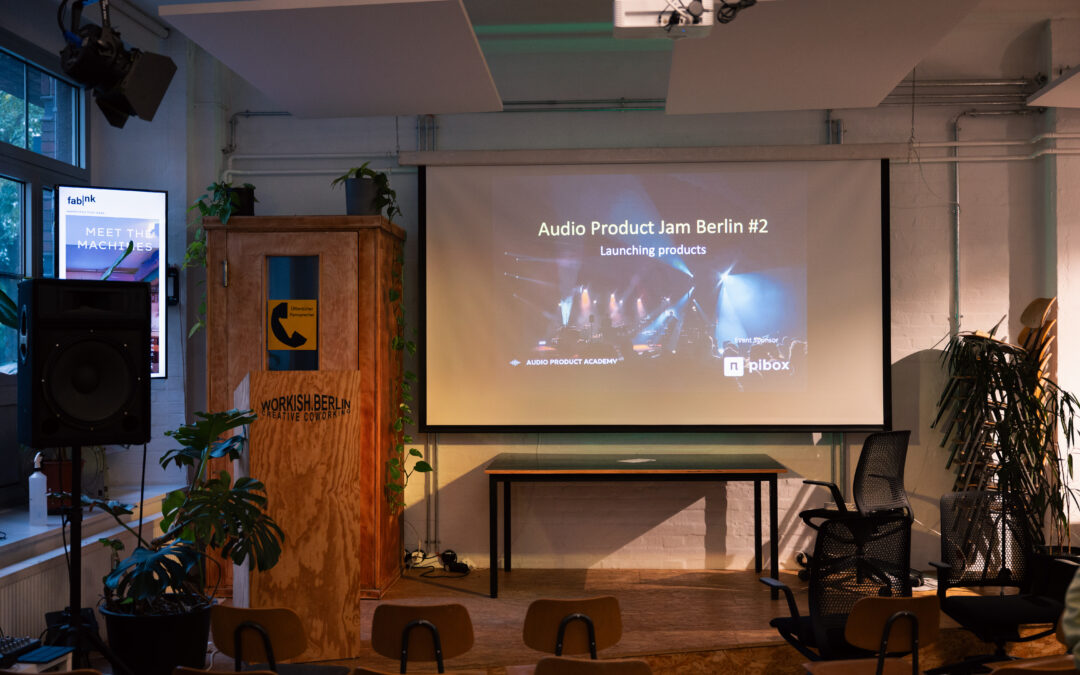Knowledge HUB
Beacuse we belive that sharing the knowledge is the best way to innovate
Tech bros – why music industry hates them
In some industries having in your resume experience from Facebook, Google, Microsoft and other big tech turns you into a superstar. In the music industry, in many cases, it makes you look suspicious. Why do we despise so-called “tech bros”? Is this a legit rebellion against greed and power or just an immature and childish contempt against anyone successful (sellout)?
Let’s think about it!
Big tech has different (no?) values
One may argue that Silicon Valley companies (and some other corporations) have no integrity. They are often founded by some controversial individuals like E. Musk or Zuck and have many powerful investors. While chasing profits and higher ROI they ignore safety and environmental issues. This can sometimes lead to loud disasters like Bophal gas tragedy but more often they just quietly pollute the environment like Amazon. Software giants ignore calls for greater accountability like banning the use of dark patterns and some dopamine loop-based designs. Facebook was accused of playing a role in an explosion of ethnic conflict in 2017 that led to the death and displacement of hundreds of thousands of Rohingya Muslims in Northern Myanmar. Why can’t they do something about it? More moderation means more employees means less profit. As simple as this. This leads us to a second point.
What values does a big tech exec have?
Corporations provide job stability that very few companies can. It isn’t fair to despise anyone who just wants to have a bit of stability to raise children, especially when he is just a regular employee – an engineer or mid-level manager. But people who climb the corporate ladder should not be surprised that their reputation may be damaged and people may not trust them and call them “a tech bro”
Does large mean evil?
I also don’t believe that every Silicon Valley company is by definition evil and boring. Many amazing audio products and technologies are developed by corporations e.g. AirPods by Apple, Eclipsa Audio built by Samsung and Google.
Some audio companies that have more than 1000 employees like Avid, Sennheiser, Roland or even Yamaha. Those companies are trying to stay true to their values and have great, dedicated teams of audio nerds.
Figure 1 – Paul McCabe talks about Roland’s mission in our podcast
Finally, company culture depends on the leadership. After high school I worked for boring corporations for a while – some had a very friendly culture and others were very toxic.
What about the audio nerds?
Without doubt, the audio industry can be an enclave for those who are tired of the corporate religion of efficiency and want to stay close the music and art. The industry is not very consolidated (yet); there is plenty of smaller companies and a variety of products to choose from. Many successful companies deliberately choose not to grow beyond a certain size which makes them a fantastic place to work. Most of them hire musicians and audio engineers who have a strong drive to build amazing tools that help creators. These people are usually very humble, even when they are extremely knowledgeable and have some outstanding achievements like Grammy awards, famous records under their belt. It is a great place to be in.
Does that mean we have to despise people who work for big tech? Especially, when at the same time we love to use big tech products like Amazon Kindle, MacBook, Office 365, just to list a few.

Figure 2 – MacBook (Photo by Dmitry Chernyshov on Unsplash)
Conclussion
I think some music people laugh at tech because Silicon Valley culture of “exciting” tech projects that are to change the world, fancy office spaces and fruity Fridays is simply very funny. I have seen the influence of this culture on the music industry too tough but in most cases we can still laugh from ourselves.
Big tech is not going anywhere so instead of despising random people, we should think about how to create societies and economies that are not owned by the corporations that can buy the law they need, media and spend a fortune on advertising so nobody will care what they do.
Figure 3 – Joshua Hodge in our podcast
Joshua Hodge, the founder of The Audio Programmer said in our last episode of the Audio Products Podcast that he is surprised he hasn’t seen yet a Matrix-like counterrevolution against a new online paradigm. Maybe that is something we should be really thinking and worrying about?
Resources:
- Disrupted: My Misadventure in the Start-Up Bubble
- https://www.rottentomatoes.com/m/buy_now_the_shopping_conspiracy
- https://www.humanetech.com/podcast
- https://www.britannica.com/event/Bhopal-disaster
- https://systemicjustice.org/article/facebook-and-genocide-how-facebook-contributed-to-genocide-in-myanmar-and-why-it-will-not-be-held-accountable/
Thank you for your attention, written without AI.
`
Related articles




